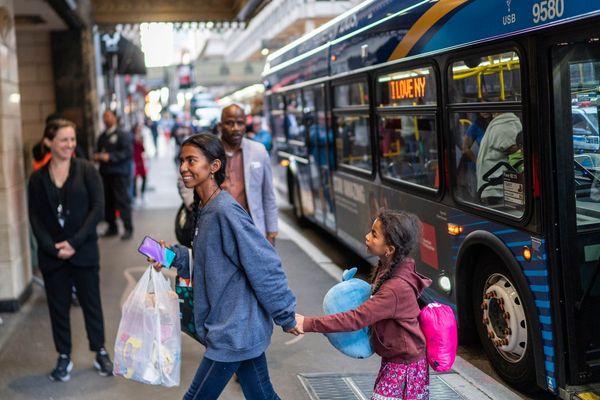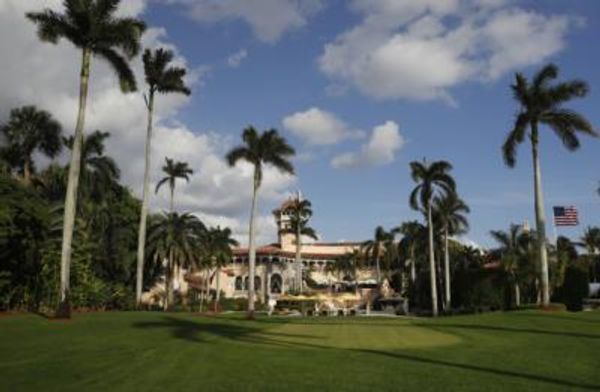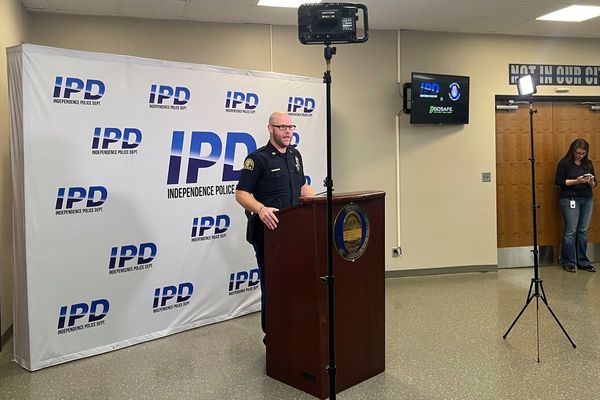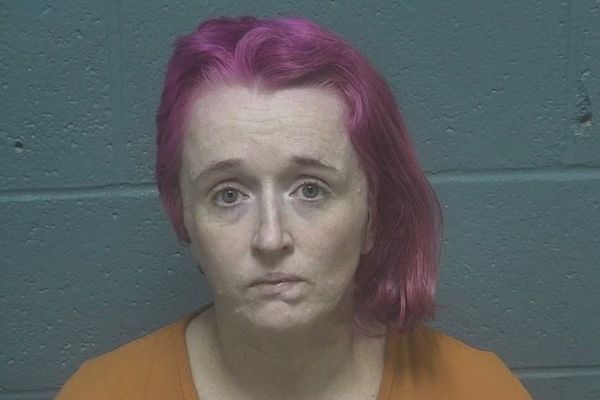With the Protection of Children from Sexual Offences (POCSO) Act mandating that hospitals report teenage pregnancy cases to the police, several instances of child marriages are coming to light in the Union Territory.
As per section 19 of the POCSO Act, a person who is aware of a minor engaging in sex, even if consensually, has to report the matter to the police as the law prescribes the age of consent at 18 years. “In this regard, we have been getting a number of cases pertaining to teen pregnancy, both within the system of marriage and elopements. It is a matter of concern, sociologically and health wise, that we are getting such a large number of cases,” Director General of Police Manoj Kumar Lal told The Hindu.
Data available with the Police Department shows that till September 12 this year, the department had registered about 79 cases under the POCSO Act in the Union Territory.
Of the total cases, 59 are within the police station limits of Puducherry circle, which includes Puducherry, Mahe and Yanam regions.
Of the 59 cases, 33 are related to eloping (including nine registered under sections 9, 11 of Prohibition of Child Marriage Act, 363 read with 366 of IPC and 6 of POCSO Act).
All the nine cases related to child marriage were registered in the Puducherry region. Of these, six were in the urban limits of Lawspet, D- Nagar and Mudaliarpet. Four cases alone were registered in Lawspet police station. In the rural limits, two cases were registered at Thirukkanur and one at Bahour, according to the data. Senior Superintendent of Police, Law and Order, Deepika said 70% of the cases registered under the Act comprises a mix of elopement and child marriage cases. Most of the cases are reported from Rajiv Gandhi Women and Children Hospital, she added.“
Child marriage still remains a social evil and this is where the police department and civil agencies have to work in unison, she said.
Stating that instances of child marriages in Puducherry are a reflection of the prevalence of the practice happening elsewhere in the country, Vidya Reddy, co-founder, Tulir - Centre for the Prevention and Healing of Child Sexual Abuse, Chennai, said the situation warranted community-level and school-based interventions to raise awareness on legal aspects of “sexual activity and sexuality education.”
"Child marriage shows the vulnerability of the girl and in most cases the husband will be a relative. Legal action against the husband and the families again makes the girl more vulnerable as she will be left alone to fend for herself and also the baby, " she said. Medical Superintendent of Rajiv Gandhi Women and Children's Hospital P. Sujatha said the hospital gets three to four cases of teenage pregnancies in a month.
“These cases will come to light when we look into the Aadhaar data of the girl seeking medical assistance. Some of the cases will be from the neighbouring districts of Tamil Nadu and as per procedure we alert the police and then attend to the medical requirements of the girl child. Alongside framing of rules, we need to create massive awareness about social and health consequences of teenage pregnancy,” she said.
Teenage pregnancy often results in eclampsia, growth retardation, anaemia, infections, difficulty in delivery and delivery of low birthweight babies, the doctor said.
These cases of child marriage wouldn't have come to light if the teenage pregnancies were not reported by the hospital authorities. It is also indicative of certain facts that law interferes with the right to health as some of these children will be seeking the assistance of quacks and illegal medical practitioners to get their abortions and bed deliveries, Ms. Reddy said.
Stressing the need for a holistic approach to the issue, Ms. Reddy said laws have to be relevant to the prevailing situation. “The laws need to be in consonance with the times."
Vidyaa Ramkumar, chairperson, Dowry Prohibition Advisory Board and child rights' activist said marriage at an early age brings to an end a girl's childhood. “Often such a marriage happens because a girl's family considers her as a burden, especially if there is a single parent in the picture. It is because of poverty and also there is a lurking fear that she may elope with a boy from a lower caste.”
The trend could be reversed by making right interventions at village-level and the dwelling areas of the urban poor. Punishment should be imposed on the families of the girl and boy. Also, there is a need to establish Child Protection Units in villages, urban poor areas for strict vigilance on school dropouts and tracking of child marriages.







